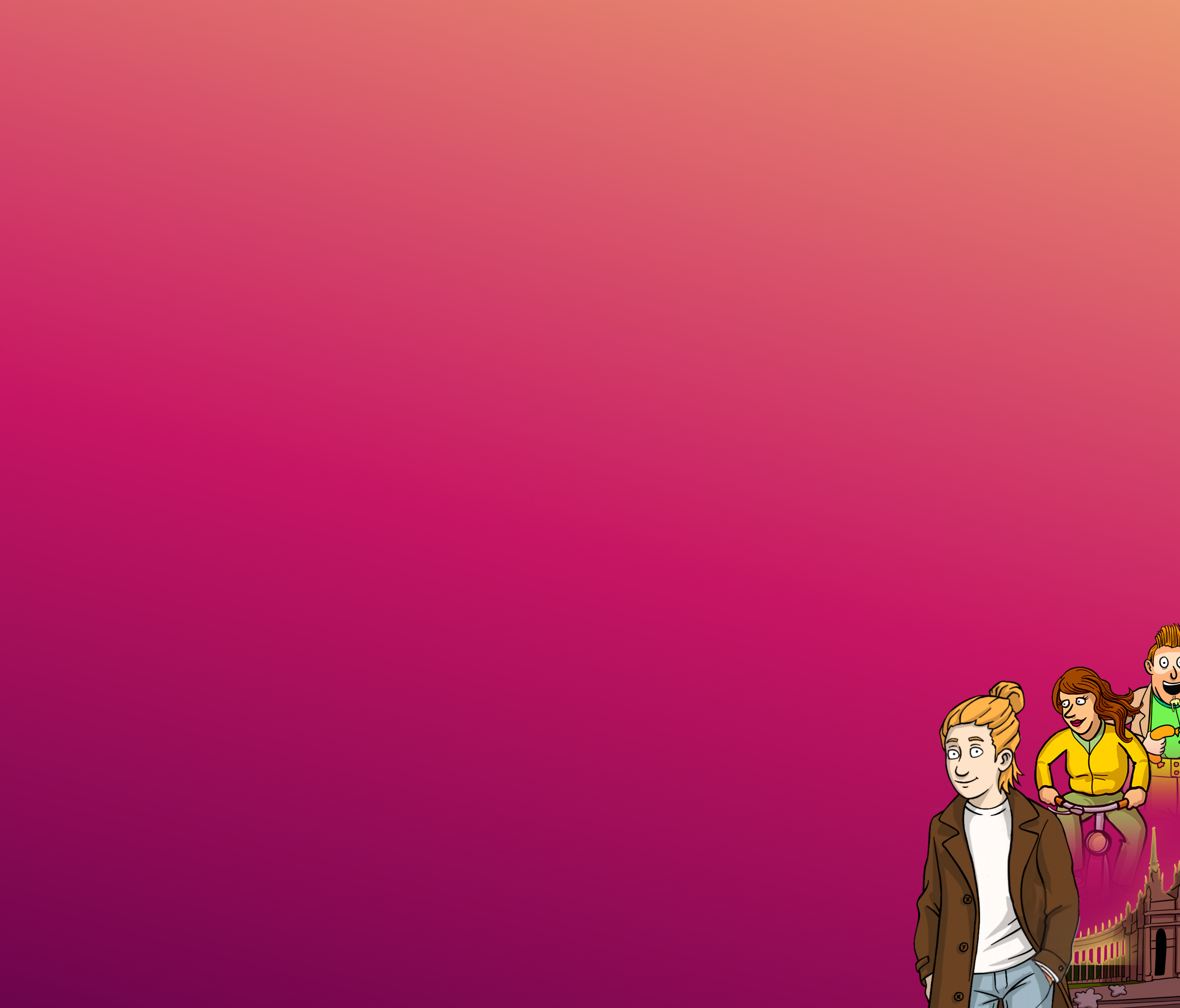Adjective endings after definite articles (der, die, das, etc.)
Definite articles indicate the case of the noun clearly. The adjective therefore doesn’t need to, and ends in either ‑e or ‑en.
| Nominativ | Akkusativ | Dativ | |
|---|---|---|---|
| maskulin | der schöne Tisch | den schönen Tisch | dem schönen Tisch |
| feminin | die schöne Bluse | die schöne Bluse | der schönen Bluse |
| neutrum | das schöne Haus | das schöne Haus | dem schönen Haus |
| Plural | die schönen Blumen | die schönen Blumen | den schönen Blumen |
Ich mag die alte S-Bahn.
I like the old suburban railway.
Sigi liebt dieses alte Hotel.
Sigi loves this old hotel.
Das Hotel steht an der lauten Straße.
The hotel is on the noisy street.
Note:
- These adjective endings are also used after the following words: alle, diese, jede, and welche.
Ich glaube jedem neuen Kunden.
I believe every new customer.
Welches neue Gericht kocht Caroline?
Which new dish is Caroline cooking?
Sigi trägt alle schweren Koffer.
Sigi carries all the heavy cases.
- This applies to all articles except for ein (a), kein (no), mein (my), dein (your), sein (his), unser (our), euer (your, plural) and ihr (her / their). The adjective endings are not the same as for the definite articles.
Still facing difficulties with 'Adjective endings after definite articles (der, die, das, etc.)'? Learn and enhance your German grammar through our online German course. Start with a free test and improve today!
What our users say:
Improve your German further and test Wunderbla, online German lessons.

